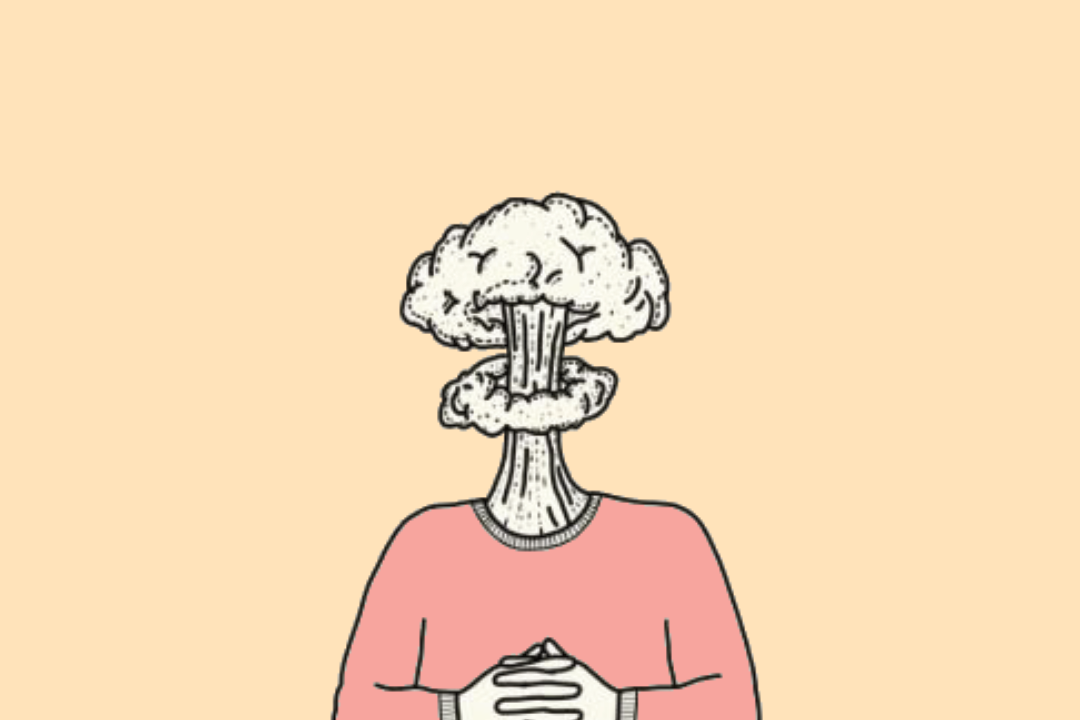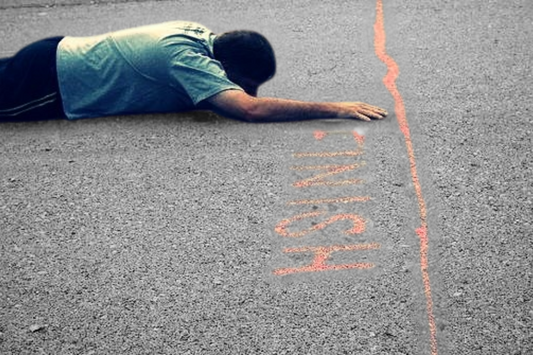How to Stop Overthinking and Be Present in the Moment
Overthinking, in the simplest terms, means “to think about something too much or for too long.” While it’s natural to reflect when making decisions or processing life, overthinking traps us in loops that often leave us more confused than clear.
It happens to almost everyone. We experience something stressful, and instead of processing and moving on, we stay stuck in a swirl of “what ifs”—imagining worst-case scenarios, replaying past decisions, or catastrophizing the future.
This internal spiral can sound like: “What if I chose wrong?” or “What if I mess this up?” It’s exhausting. And over time, it leads to negative self-talk and indecision, creating what’s often called “paralysis by analysis.” You either freeze completely—or you act, and then second guess everything you’ve done.
Meet George, the Overthinking Monster
Let’s call the inner critic George. George is that voice constantly reminding you what you should’ve done differently, second-guessing every step you take, and keeping you stuck in an endless loop of “what ifs.” George isn’t a villain—but he’s not always helpful either. Overthinking may feel like preparation, but it’s often a form of avoidance.
The truth? Overthinking rarely solves problems. In fact, the more you think, the less energy and time you have to take real, helpful action.
What Overthinking Really Looks Like
You might be overthinking if:
- You’re not aware of your thoughts until they’ve spiraled.
- You constantly search for hidden meanings or deeper significance in everything you feel.
- You feel the need to control or “manage” every thought.
- You struggle to let go of certain ideas or anxieties, even when they aren’t helpful.
So, How Do You Come Back to the Present?
Living in the present moment is the antidote to overthinking—but implementing this is easier said than done. Here are a few techniques that can gently guide you back to yourself:
- Raise your awareness: Pause throughout the day and notice when your mind begins to wander or spiral.
- Observe without following: Let a thought begin—but don’t let it finish. Just notice it. This weakens its grip.
- Identify your triggers: Certain thoughts or people may activate your overthinking patterns. Recognising them helps you respond, not react.
- Talk it out: Sometimes, simply verbalizing the fear makes it feel smaller. Just make sure you’re not looping through the same story with no resolution.
- Practise self-compassion: Write down your thought. Notice how your body reacts. Remind yourself, gently, that this too will pass. You don’t need to fix everything right now.
- Say it out loud: Often, just voicing what you’re ruminating about breaks the illusion that it’s unspeakable or massive.
“Thinking too much leads to paralysis by analysis. It's important to think things through, but many use thinking as a means of avoiding action.”
– Robert Herjavec
Final Thought
Thinking is not the enemy—but it’s a tool, not a place to live. When your mind becomes a maze, come back to your breath. Look around you. Feel the ground under your feet. This is the only moment you need to be in right now.
If overthinking is keeping you up at night or making everyday choices feel overwhelming, explore our Sunday Journaling Series or consider starting therapy to make sense of what’s weighing on your mind.




